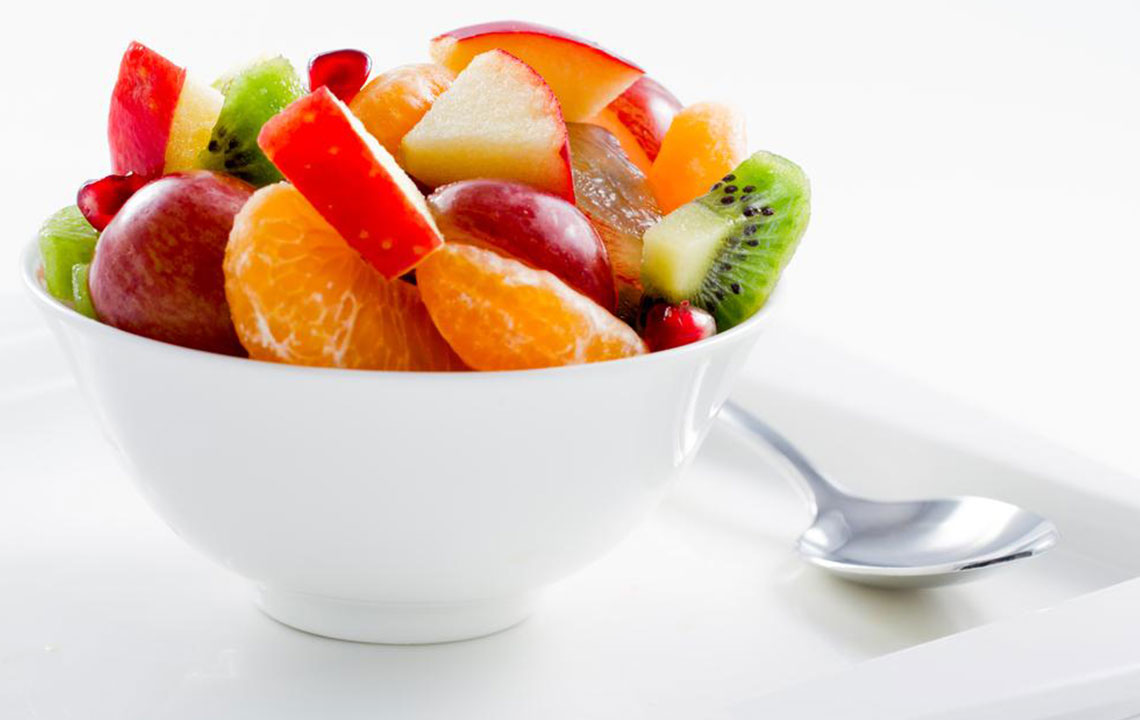Essential Nutritional Foods to Enhance Thyroid Health in Hypothyroidism
This comprehensive guide explores 8 essential foods that support thyroid health in hypothyroidism. By integrating nutrient-rich options like seafood, nuts, yogurt, and fruits into your diet, you can alleviate symptoms such as fatigue and weight gain. Learn how to create balanced, appealing meal plans that promote thyroid function and overall wellness. Consulting healthcare professionals and using healthy cooking methods can further enhance management strategies. Empower yourself with dietary choices that nurture your thyroid and improve quality of life, all while enjoying delicious, healthful foods.

Essential Nutritional Foods to Enhance Thyroid Health in Hypothyroidism
The thyroid gland is a small, butterfly-shaped organ located at the front of your neck, but its influence on overall health is profound. It regulates many vital processes in the body, including metabolism, body temperature, heart rate, and energy levels. When the thyroid doesn't produce enough hormones—a condition known as hypothyroidism—the effects can be wide-ranging and significantly impact quality of life. Recognizing the importance of diet in managing this condition, a thoughtfully planned nutritional approach can make a substantial difference.
As hypothyroidism becomes increasingly prevalent worldwide, more individuals are seeking natural ways to support thyroid health. Dietary modifications, especially incorporating specific foods known to support thyroid function, can help reduce symptoms such as fatigue, weight gain, dry skin, and mood disturbances. This comprehensive guide aims to outline the top nutrient-rich foods that can aid in managing hypothyroidism effectively.
This dietary plan focuses on reducing fatigue, stabilizing weight, and promoting optimal digestion through targeted nutrition.
An Apple a Day
Apples are rich in pectin, a type of soluble fiber that supports digestion and enhances metabolism. Their consumption may help alleviate constipation, a common issue in hypothyroidism, and reduce fat absorption, thus aiding weight management. Including other fruits like oranges, grapefruits, and peaches provides additional vitamin C and antioxidants that boost immune function and metabolic health.
Brazil Nuts
These nuts are an exceptional source of selenium, a trace element crucial for converting the thyroid hormone T4 into its active form, T3. Adequate selenium intake helps protect the thyroid gland from oxidative stress, potentially mitigating hypothyroid symptoms. However, moderation is key; consuming a few nuts daily prevents selenium toxicity and side effects such as nail discoloration or hair loss.
Yogurt
Yogurt is packed with vitamin D, which has been linked to improved thyroid function and immune regulation. Its probiotic content promotes gut health, which can be compromised in hypothyroid individuals, leading to bloating and digestive issues. Regularly consuming yogurt may boost energy levels and assist in maintaining a healthy weight.
Chicken
A high-quality protein source, chicken provides amino acids like tyrosine and dopamine, essential for optimal thyroid hormone synthesis. Including lean chicken in your diet supports metabolic processes, promotes muscle health, and can improve hair and nail strength—common concerns for those with hypothyroidism.
Eggs
Eggs are a nutrient-dense food offering high-quality protein and vital nutrients such as iodine and selenium. Consuming two eggs daily can positively influence metabolism and thyroid hormone production. If concerns about cholesterol levels arise, consult your healthcare provider for personalized guidance.
Salmon
Rich in omega-3 fatty acids, salmon has anti-inflammatory properties that can support overall endocrine health. Regular intake may reduce thyroid inflammation and promote cardiovascular wellness, which is particularly important given the increased risk of heart issues in hypothyroid patients.
Oysters
Being zinc-rich, oysters play a vital role in thyroid hormone metabolism. Adequate zinc levels enhance immune function and can support the body's ability to maintain a balanced thyroid hormone level. Consuming about six oysters several times a week can provide enough zinc to aid hypothyroidism management.
Green Tea
As a healthier alternative to coffee, green tea contains powerful antioxidants called catechins that reduce inflammation and support metabolic health. Its regular consumption can assist in weight management efforts and boost immune defenses.
Incorporating these nutrient-dense foods into your daily diet is a proactive strategy to support thyroid health and balance. When planning meals, focus on a variety of foods you enjoy to stay motivated and prevent dietary monotony. Additionally, using healthy cooking methods—such as replacing processed oils with extra virgin olive oil—can preserve nutrient integrity and optimize health benefits.
Working with a registered dietitian or healthcare professional can provide personalized recommendations tailored to your specific needs. They can advise on appropriate portion sizes, meal timing, and supplementation if necessary, ensuring a comprehensive approach to managing hypothyroidism naturally and effectively.




